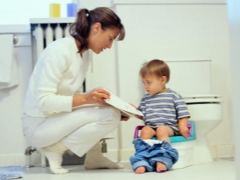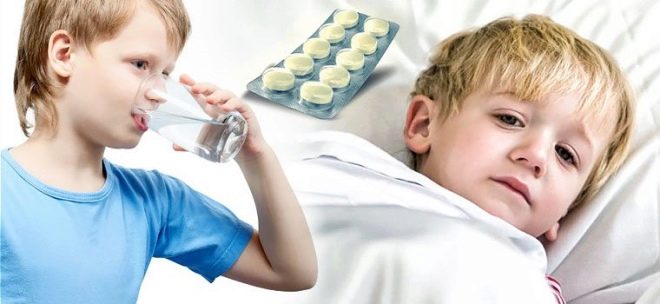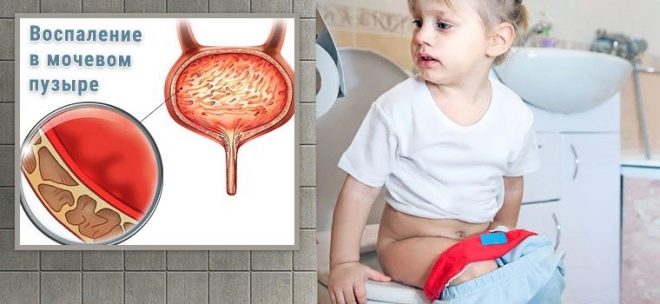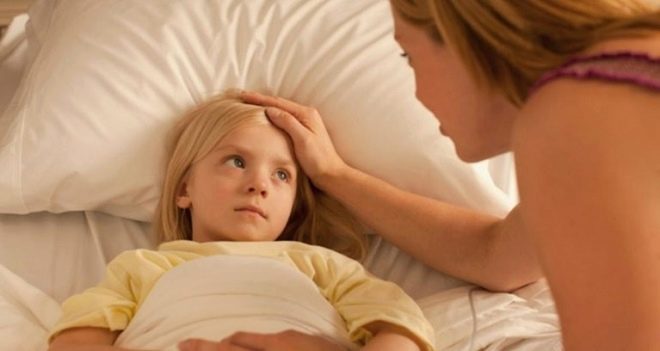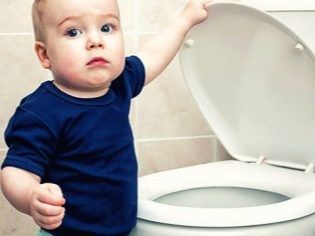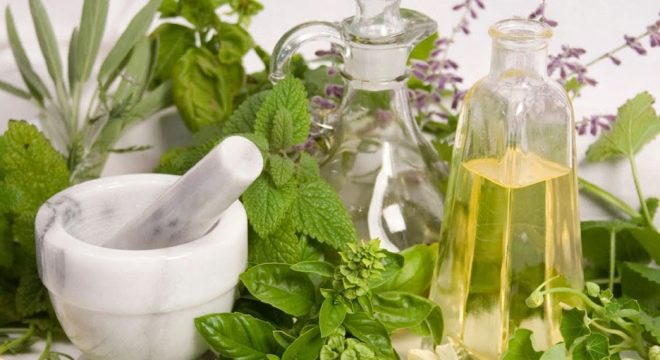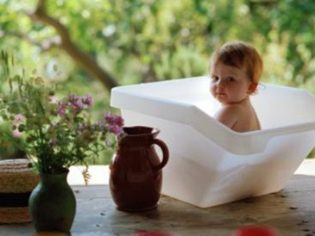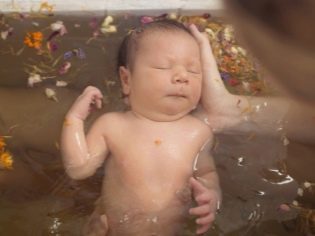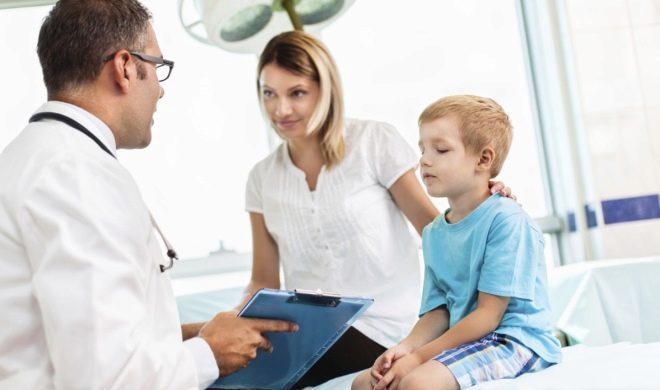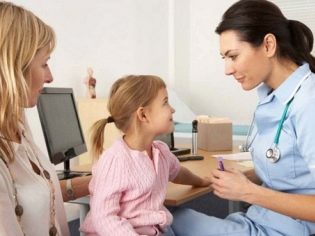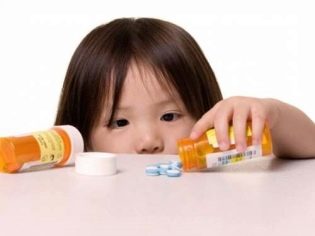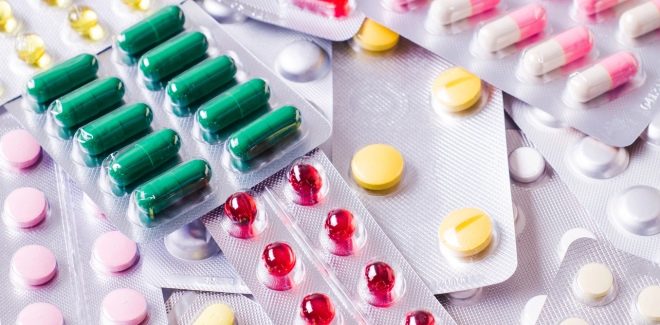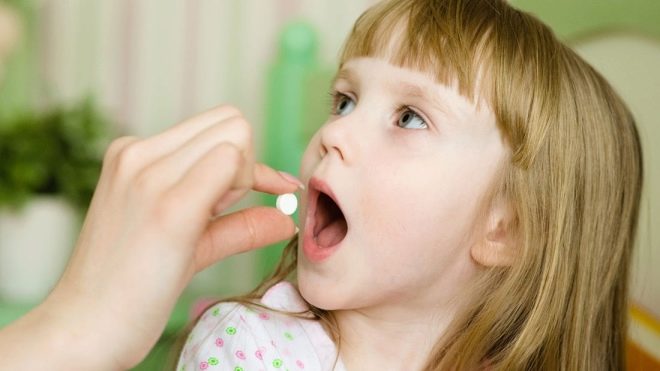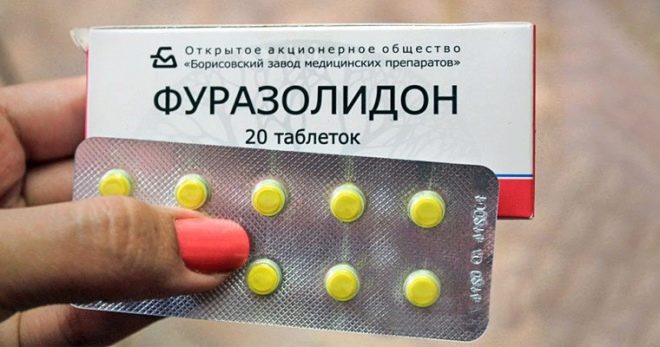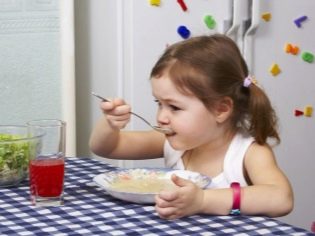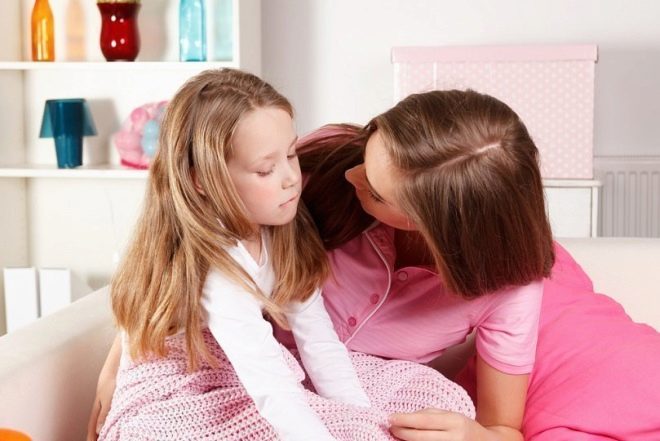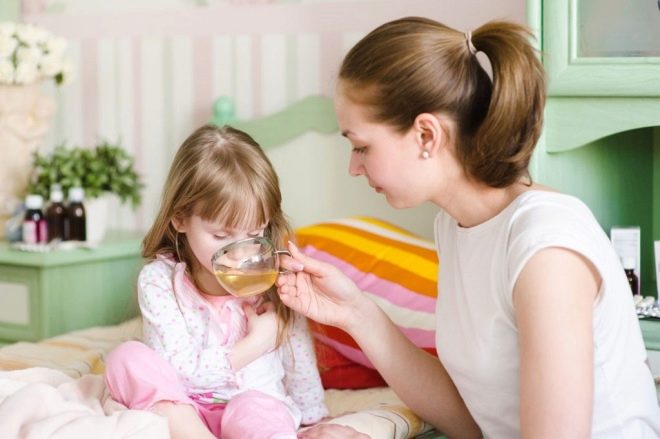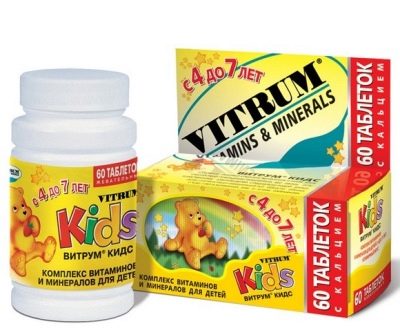Treatment of cystitis in children 4-8 years
Suddenly increased urinary frequency in the baby causes the parents to be in total confusion. Quite often, cystitis contributes to the development of this adverse symptom in children. How is the treatment of this disease in children from 4 to 8 years, this article will tell.
What it is?
The inflammatory pathology in the bladder is called cystitis. This disease can develop in any child. Quite often, adverse symptoms of the disease appear in children at preschool and school age. According to statistical documents, girls suffer from this pathology more often than boys.
Doctors note that cystitis is in the tenth place in the structure of the overall incidence of children.
The overwhelming cause of the disease is infectious diseases. Exposure to viruses and bacteria leads to the development of an inflammatory process in the bladder in the baby.
The predominant method of infection in children under 5 years old is ascending. In this case, an infection from the genital tract is introduced into the bladder, contributing to the development of severe inflammation in it.
According to some studies, almost 25% of babies develop symptoms of cystitis. Usually it proceeds in their acute form.
It is important to note that the transition to the chronic form occurs only when the child has predisposing factors. These primarily include: decreased immunity, the presence of chronic pathologies of internal organs, diabetes mellitus, congenital anomalies and defects.
Boys aged 6-7 get chronic cystitis significantly less frequently than girls.
Main symptoms
The clinical signs of cystitis in children 4-8 years old can be very different. The severity of symptoms depends largely on the initial general condition of the child. In a weakened child with frequent colds, the course of the disease may be more severe.
In 30% of cases, cystitis occurs in a latent form, which is not accompanied by the appearance of any adverse symptoms in the baby.
Inflammation in the bladder in children proceeds with the appearance of the following clinical signs:
- Increased body temperature. With a mild disease in the child appears subfebrile. In some cases, it may persist in a sick baby for several weeks. Severe disease is accompanied by an increase in body temperature up to 38-39 degrees. Against the background of febrile, the baby may have a fever or severe chills.
- Discomfort when urinating. Kids can complain to their parents about a burning sensation or soreness when going to the toilet. This symptom can be manifested in different ways. In severe cases, the severity of the symptom is quite strong.
- Frequent urging to urinate. Inflammation of the bladder contributes to the appearance of frequent urination. A sick child can run to the toilet up to 10-20 times a day. The portions of urine may not change in volume. In some cases, the amount of urine is still reduced.
- Morbidity in the lower abdomen. Pain does not get worse after eating or defecation. Basically it has a pulling character. Lying on the stomach causes a significant increase in pain in the child. In some cases, the pain increases during urination.
- Deterioration of well-being. The inflammatory process contributes to the development of intoxication syndrome. This is manifested by severe weakness and quick fatigue, even after the usual daily chores.Schoolchildren cannot concentrate while studying at school.
- The appearance of increased nervousness. The frequent urge to go to the toilet makes the baby quite nervous. A sick child becomes more capricious and emotional. Even a little stress can cause a strong response in a child. A sick child has a bad sleep.
Change the color of the urinary sediment. Usually, the urine becomes more turbid and becomes brown. Normally, it should be a straw yellow unsaturated hue.
The appearance in the urine of various pathological impurities may also indicate the presence of inflammation in the urinary tract or bladder.
How to treat at home?
It is necessary to carry out treatment independently only after preliminary visit of the doctor. Children urologists deal with diseases of the urinary tract in children.
To establish the correct diagnosis, you should first carry out a whole range of diagnostic measures, which necessarily include urine tests and an ultrasound of the kidneys. In difficult clinical situations, additional diagnostic tests may be required.
For home treatment, doctors prescribe to follow the principles of proper hygienic care. This includes holding baths using various herbal decoctions. They should be carried out 1-2 times a day. Usually these procedures are performed in the morning and evening.
The duration of the hygienic bath with medicines should not exceed 10-15 minutes.
The timing of home treatment is determined by the attending physician. Usually, at least 10-15 daily procedures are required to achieve a positive effect.
As medicinal herbs that are required for such baths, pharmacy chamomile, sage, calendula, and a series. For the preparation of therapeutic infusion, take 2 tablespoons of chopped raw materials and fill it with 1.5 cups of boiling water. Insist in a glass jar for 30-40 minutes.
For the bath is enough 100-150 ml of such therapeutic infusion. These broths are also great for use inside as a tea drink.
Use vegetable ingredients with sufficient care, as they can cause allergic reactions in a child.
Before conducting such home treatment, you should always consult with your doctor. The doctor will tell you if the sick child has any contraindications for holding trays.
Drug treatment
The main therapy of cystitis in children is the prescription of drugs. These agents have a pronounced anti-inflammatory effect., help fight various viruses and bacteria, and also have a sanitizing effect on urine.
Regular use of drugs allows you to cope with the urge to urinate.
If various types of bacteria were found in a child's baccosis, antibacterial drugs are definitely prescribed.
Currently, doctors prefer drugs with a fairly wide spectrum of action. This allows you to achieve a stable positive result in a fairly short time. Usually, the treatment of acute forms of the disease is 7-10 days.
With a more severe and protracted pathology, more prolonged therapy may be performed.
Antibacterial agents can be administered in the form of injections, tablets or suspensions. These drugs have a whole range of possible side effects.
Appointment of antibiotics is carried out only under strict medical indications, which are determined by the attending physician. Independent use of these drugs is unacceptable, as it can lead to a noticeable deterioration in the well-being of the baby.
It is necessary to accept antibiotics according to the instruction which is available to each specific drug.The most common mistake of parents in the appointment of antibiotic therapy - self-cancellation of drugs.
While improving the well-being of the child, fathers and mothers decide to stop using antibiotics, since these funds are supposedly no longer needed. This is fundamentally wrong! Early withdrawal of drugs leads only to the development of resistance (resistance) of bacteria in the future to the action of these drugs.
After conducting a course of antibiotic therapy, laboratory monitoring of effectiveness is mandatory.
The decrease in the number of leukocytes in the general analysis of urine indicates the success of the treatment. For the final verification of the adequacy of therapy, the urine control is performed. It should also decrease bacterial growth.
Uroseptics have been used for quite a long time in urological practice. These tools help to normalize the urinary sediment and restore urine pH. These funds are also assigned to the exchange rate.
One of the most popular uroseptics is "Furazolidone». This medicine is prescribed, as a rule, for 7-10 days. The multiplicity and the final duration of use is determined by the attending physician.
If the child has a pronounced spasm and pain during urination, various types of antispasmodics are used. These drugs have a rather lasting analgesic effect, which is manifested in a decrease in the intensity of the pain syndrome.
Antispasmodics are usually used 2-3 times a day. Long-term use of these drugs is not necessary. Usually they are assigned for 3-5 days.
Diet
Medical nutrition is an important component of the treatment of urinary pathology. The children's diet during the acute period must be carefully planned.
In case of inflammation of the bladder, the basis of nutrition is fermented milk products, vegetables and cereals.
Proteins should be limited. Too intensive intake of protein foods into the children's body contributes to the progression of the disease and the involvement of kidney inflammation.
Power mode should be fractional. Eat your baby should be 5-6 times a day in small portions. Each meal must be supplemented with vegetables or fruits.
A good effect on the immunity of the baby have a variety of dairy products. Try to choose a sour milk with the shortest shelf life, as it contains more beneficial lacto-and bifidobacteria.
In the acute period of the disease should cook dishes in a gentle way. Products should be boiled, baked, braised or cooked using steam.
A great multicooker, in which you can prepare a huge number of different healthy dishes, will be a great help for moms.
For all pathologies of the urinary system in the children's diet is limited to the daily amount of salt. Doctors recommend that children use only 2-3 grams of sodium chloride for the whole day.
Excessive salt content in cooked dishes contributes to the development of pronounced edema on the body, which most often appear on the face.
Compliance with the drinking regime in the treatment of pathologies of the bladder is a necessary condition for achieving a positive result.
Various compotes or fruit drinks made from fruits and berries are suitable as healthy drinks.. Dried fruit decoctions will also be an excellent alternative to ordinary boiled water. During the preparation of fruit drinks and compotes should not be much sweetened.
You can also enrich the diet with vitamins and minerals that have a fortifying effect with the help of multivitamin complexes. These drugs should be used within 1 -2 months. A longer reception is discussed with your doctor.
Reception of multivitamin complexes in the period of remission of chronic cystitis has a pronounced preventive effect.
You can also learn about how to treat children's cystitis by watching a video with the participation of the famous pediatrician Dr. Komarovsky.
